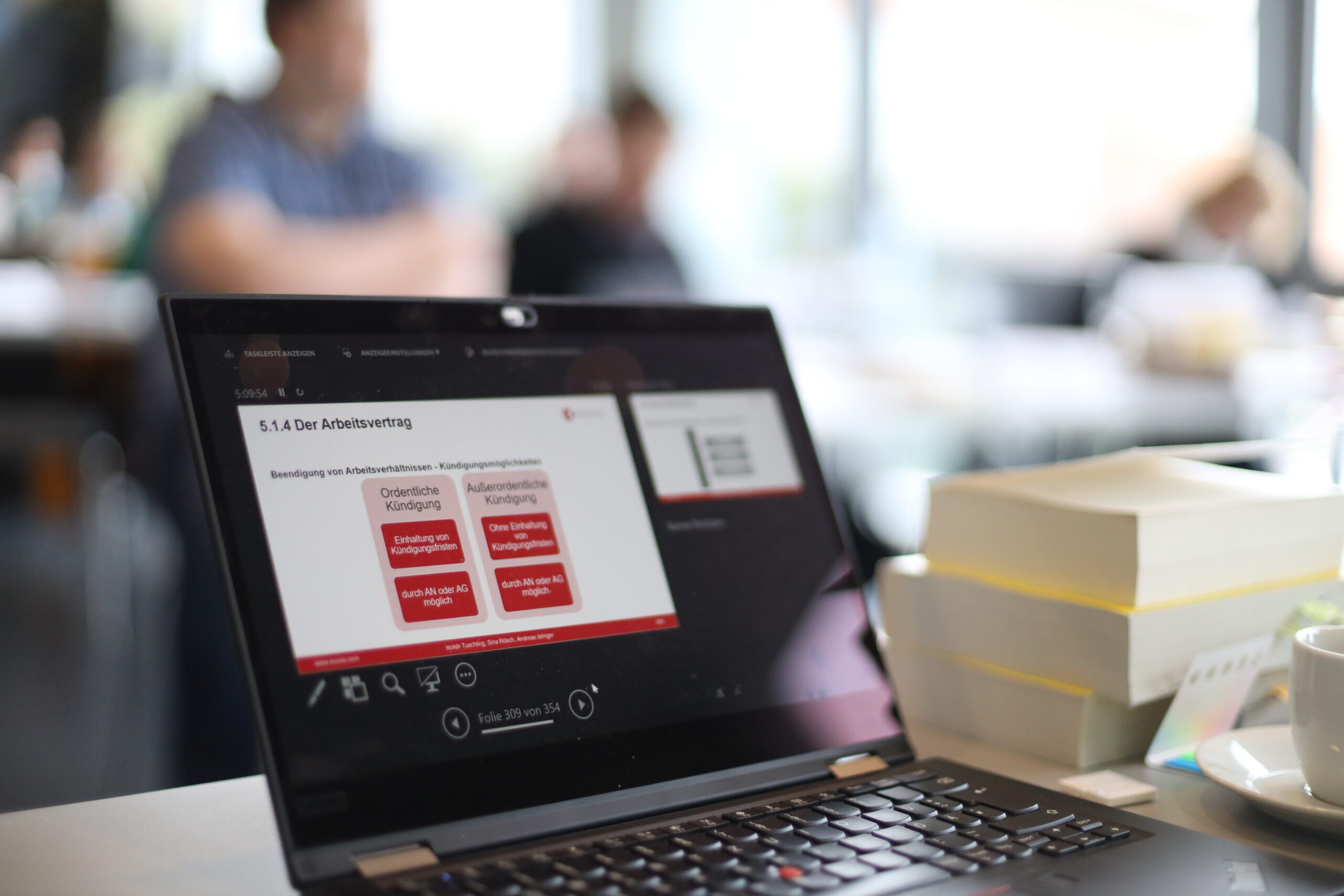ECOVIS ProventusLaw shares its Employment Law Update which explores the latest developments in employment law and looks at the issues that matter to employers. Below you’ll find our regular round-up of legislation, case updates and helpful guides.
Lithuanian Supreme Administrative Court Reviews Case on Residence Permit for Dual Canadian-Russian Citizen
The Supreme Administrative Court of Lithuania (SACL) is currently deliberating a significant case concerning the annulment of a temporary residence permit application by a dual Canadian-Russian citizen. The applicant entered Lithuania visa-free as a Canadian citizen. Still, the Migration Department cited the Law on Restrictive Measures, which stipulates that Russian citizens must provide a valid visa or residence permit when applying for a temporary residence permit.
The applicant contends that this requirement infringes upon the Comprehensive Economic and Trade Agreement (IEPA) provisions between Canada and the European Union, arguing that it undermines the rights granted under this international agreement.
To resolve this issue, the SACL has referred two pivotal questions to the Court of Justice of the European Union:
1. IEPA Reliance: Can a dual citizen of Canada and Russia invoke the IEPA in a national court for an appeal regarding a temporary residence permit?
2. Visa Requirements for Russian Nationals: Does Regulation (EU) 2018/1806 allow national legislation to impose visa requirements on Russian nationals who enter under a visa waiver as Canadian citizens?
These questions aim to clarify the relationship between national law and international agreements regarding immigration and residency rights. The outcome of this case could have far-reaching implications for treating dual citizens and applying international trade agreements in national legal frameworks.
Employment Service Launches Subsidies to Enhance Skills and Attract Talent
The Employment Service has introduced a series of subsidies to support both employers and employees in Lithuania by promoting skill development and attracting highly qualified talent from abroad. The key initiatives include:
1. Support for High Value-Added Qualifications and Competencies:
Employees can benefit from financial assistance to obtain qualifications recognised on the High Value-Added Qualifications and Competencies List. The subsidy limits are set at:
-
- €8,316 (equivalent to 9 minimum monthly wages) for acquiring a high value-added qualification.
- €4,620 (equivalent to 5 minimum monthly wages) for upgrading an existing qualification or acquiring a new competency.
2. Incentives for Hiring Highly Qualified Employees from Abroad:
Since July 1, 2022, employers can apply for a one-time subsidy of up to €6,652.8 (7.2 minimum monthly wages) when they hire highly qualified employees from foreign countries. However, this subsidy does not apply to the hiring of Ukrainian citizens.
These initiatives are designed to enhance workforce qualifications, support economic growth, and address the need for skilled labour in various sectors across Lithuania. By providing financial incentives, the Employment Service aims to foster a more competitive labour market and encourage the development of high-value skills among employees.


 Newsletter Subscription
Newsletter Subscription